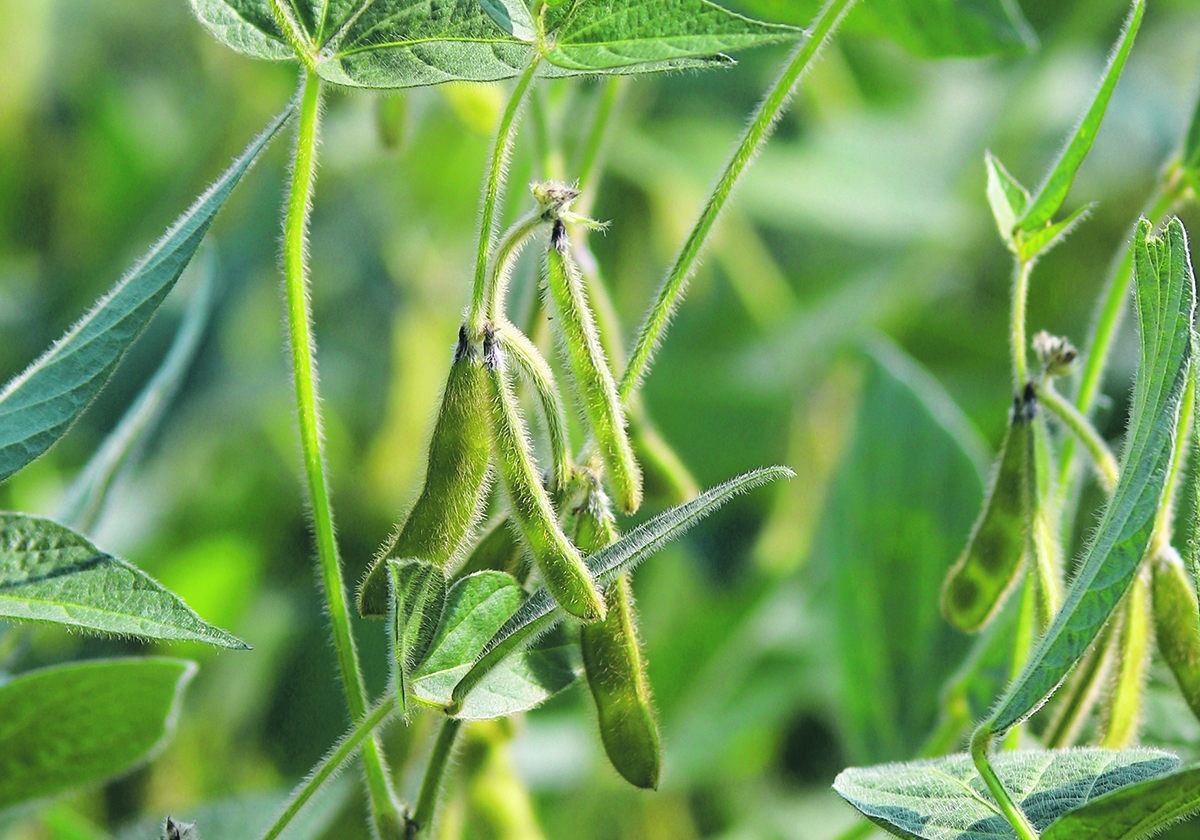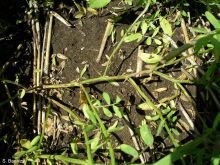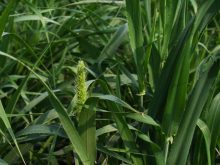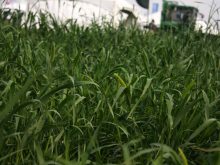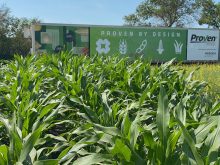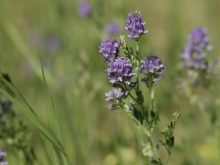Glacier FarmMedia – Climate change has had a huge impact on farm operations in Western Canada for some time. Those shifting temperatures and weather patterns are also playing a key role in how future varieties are being developed.
Glacier FarmMedia recently spoke with several prominent seed companies about new soybean varieties they have in the development pipeline and the impact shifting weather patterns are having on their developmental efforts.
Allan Froese is a soybean product placement scientist for Syngenta in Western Canada and helps oversee the company’s efforts to develop new varieties.
Read Also
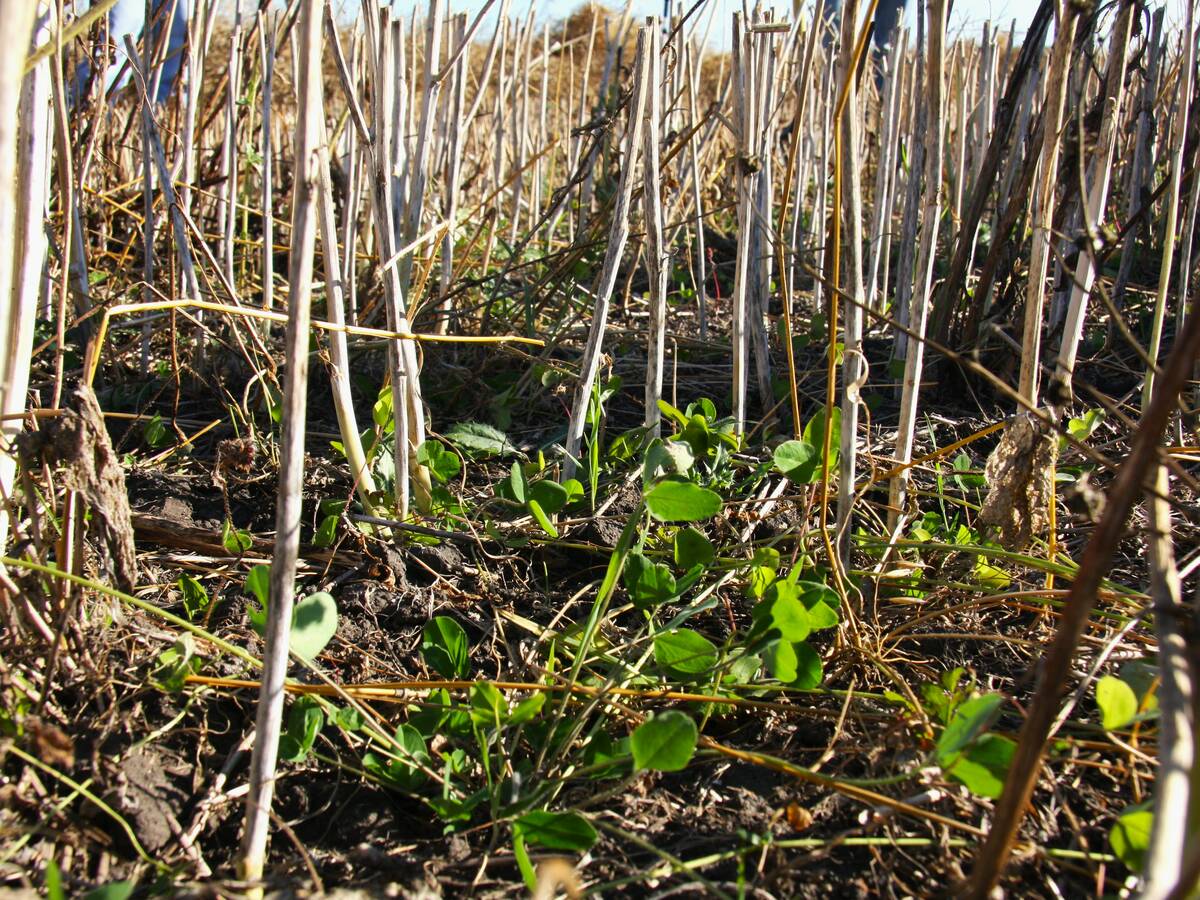
Saskatchewan project sees intercrop, cover crop benefit
An Indigenous-led Living Lab has been researching regenerative techniques is encouraging producers to consider incorporating intercrops and cover crops with their rotations.
Changing weather patterns have always been a challenge when it comes to seed breeding efforts, he says, but those efforts have become even more challenging of late, with drought and large rain events becoming more commonplace.
“That significantly affects how we can understand how our products will perform … and definitely makes for more of a challenge,” he says.
“Something we’ve been focusing on for several years now is finding products that have broad-acre adaptability that can handle stressful conditions. In order to achieve that, we’ve put a large focus on improving the disease tolerance of our varieties. We want to make sure that as the climate changes… we’re bringing products that can deal with those changing environments.”
As a result, Froese says, Syngenta is now conducting more trials across a larger geography, to ensure the company has a better understanding of how a new product will perform in a wider variety of conditions.
In the near term, Syngenta will be offering varieties containing the Enlist E3 and XtendFlex herbicide tolerance traits. The Enlist E3 platform provides tolerance to 2,4-D, glyphosate and glufosinate herbicides while XtendFlex offers dicamba, glyphosate and glufosinate tolerance. Froese says while some companies will only provide one or the other platform, Syngenta is committed to providing growers choice by offering both trait technologies.
Liz Knutson is the Canadian marketing leader for Corteva Agriscience. Knutson says the company has always been focused on conducting extensive localized breeding and testing to deliver varieties that perform across a wide range of geographies and environments. The upside to that, she says, is that with an ever-changing climate, products that were suitable in one region may suddenly be an appropriate fit elsewhere.
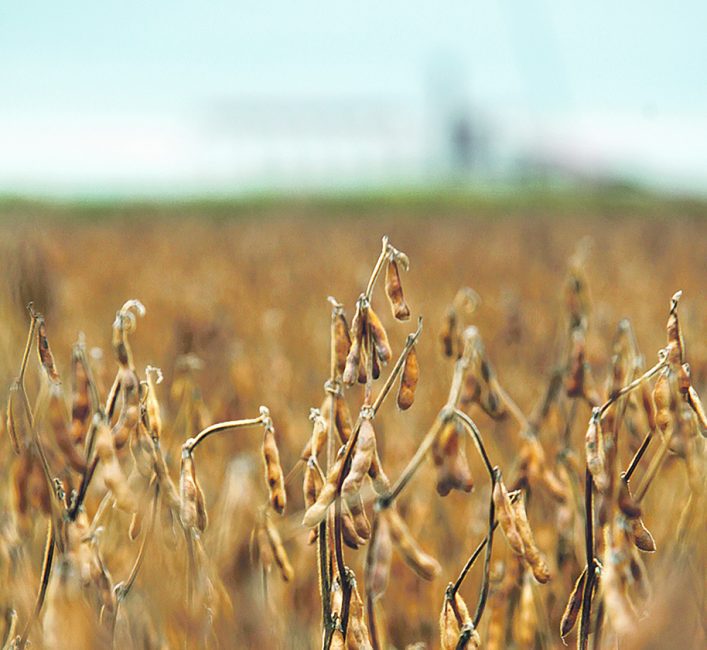
“Because we have those localized programs, as we see agronomic challenges shift or as we see climate patterns shift, we may already have products in the arsenal that may be easily moved or transitioned to other footprints,” she says, citing relative maturity as a good example of that.
Knutson says shifting weather patterns also means listening to what farmers have to say about their needs and potential solutions has become more important than ever.
“Our breeders are always looking forward and taking into account those changing environmental and agronomic pressures where we’re growing new varieties. That includes focusing on yield-limiting diseases and any kind of challenges our farmers might face. We want to be responsive to the market, so as we hear those concerns continue to pop up, we do our very best to address them,” says Knutson.
Corteva recently launched Pioneer brand Z-Series soybeans in Canada, a series offering 20 new varieties. It was available in limited quantities for 2024 and will get a full commercial release for 2025. It’s the fifth soybean series in Pioneer’s 50-year history and Knutson says it represents a generational leap in yield potential and superior disease resistance.
As for what the company has in its developmental pipeline, Knutson would only say Corteva’s next round of soybean product launches will be enhancements on products that are already available.
“We’re really honoured every time a farmer chooses a Corteva-branded product. That’s why we continue to put $4 million a day into our R&D pipeline,” she says.
Stephen Denys is director of market and product development for Maizex Seeds, a southwestern Ontario seed company that sells corn and soybean into Western Canada.
Maizex has one of the largest pre-commercial testing programs in the country and every new variety it develops or licenses must go through a rigorous screening process. Denys says those efforts have become even more important as the climate has continued to evolve.
“One of the reasons we do multiple years of testing is to find varieties that are consistent over differing environments and geographies,” he says. “That way we get to see things under a different range of environmental conditions, and you try to commercialize something that’s going to give a consistent performance, whether it’s a drier year or a wet year.”
One of the results of climate change is a corresponding evolution in disease pressure, Denys says.
As a result, testing new products can’t just focus on agronomics but also the disease front, to make sure seed products evolve as the environment evolves, he adds. In Manitoba, for instance, iron chlorosis tolerance is necessity, but testing also covers sclerotinia and other diseases.
In terms of future soybean releases, Maizex is looking to add new Xtend and Enlist varieties with 2,4-D and Liberty tolerance and with early maturity over the next three to four years.
It’s also planning to launch an Xtend HT4 package that would provide tolerances to dicamba, 2,4-D, Liberty, glyphosate and another herbicide all in the same bundle.
Nikki Vercaigne is the campaign marketing manager for DeKalb West with Bayer CropScience. She says the company’s priority for developing new soybean varieties is to focus on products with increased yield potential and a strong disease resistance package that are a fit with growers.
Vercaigne says Bayer’s breeding program takes into consideration the impact of climate change on how the company develops those new products.
“We continue to adapt our research protocols and trial locations to adapt to the changing environmental conditions, specifically looking at heat units and rainfall to maximize soybean genetic potential,” she says.
“Our development pipeline also takes into consideration anticipating future agronomic challenges to help ensure we’re supporting future grower needs with soybean varieties that help solve those challenges.”
DeKalb’s newest soybean release is the DKB007-91XF variety which is being launched for the 2025 growing season. It’s a high-yield-potential variety with medium bushy architecture, strong emergence, great standability and the XtendFlex herbicide system that offers glyphosate, dicamba and glufosinate tolerance.
It’s also looking to launch its own HT4 soybean package within the next three to five years. It would be the company’s first soybean trait system to offer tolerance to five different herbicide active ingredients that Vercaigne says would give growers greater application flexibility to help manage resistant or tough to control weeds.

